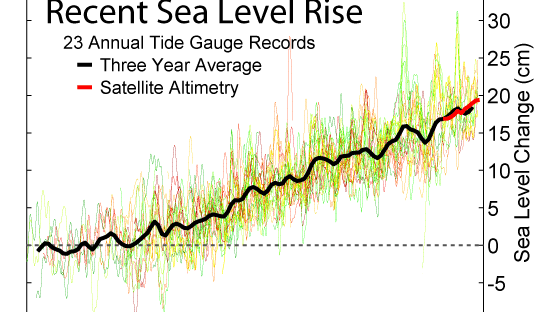Autumn has come around again and it is my favourite time of year. Temperatures are mild, the landscape is colouring up as leaves start to turn, and our sea buckthorn looks good and healthy. We have recently been reminded by the scientific community that climate change now requires urgent management. 2018 will be one to remember. The first buds on our plants started to open in mid January. The wintery blast of the storm – the Beast from the East appeared in March. It came just as our Siberian plants were preparing for pollination.
Sea buckthorn is wind pollinated, so it does not rely on insects. Our orchard is laid out so female plants fall within 10m of male plants. In Altai, where the plants come from, spring is not until April. Pollination is therefore in our late spring. The Siberian plants at Devereux have adapted to our mild climate by emerging from dormancy in January and starting to pollinate in mid-March.
Hence the icy strong winds last March cut checked the pollination process. The result – almost no crop. In a year when the IPCC told us that we have 12 years to reduce our impact on the environment, I have to reflect whether an icy March and a long summer drought are part of climate change or just circumstance.
As coastal farmers we are very aware of the potential impacts of climate change. Retreating glaciers and collapsing tundra in Siberia are geographically distant events, but both threaten our farm. I do consider that every time I get in my car to go to the farm I add another contribution of emissions to the atmosphere. Global warming is happening and the glaciers are melting. The tundra collapsing is worrying as it has locked up CO2 not for decades or centuries, but for millennia. The tundra is thawing as the climate warms. It has a capacity to release huge amounts of global warming gases, increasing the rate of warming. The direct impact for us of a warmer atmosphere is warmer seas, creating sea level rise through thermal expansion.
Solving, or controlling global warming requires huge political will and collaboration. The impetus that is driving collective political inspiration to reduce the use of plastic is heart-warming. But often there is a feeling that as individuals it is difficult to influence those at the centre of political power. So it is up to each individual to understand their impact.
As a farm we need to look at how and where we create emissions. Energy use is a major issue. How we conserve water for crops, livestock and the environment. Our level of consumerism and creating waste. All of these are serious issues that we have to identify, quantify and reduce.
The Advisory committee on climate change report published yesterday suggests that government is not going to have the resources to solve the impacts of climate change. It is therefore down to the individual to find local solutions to local problems and like our sea buckthorn it is a matter of adapting to a new environment and moving on.
This process is underway but I would love to think that the world will wake up, as it is with plastic, to manage climate change as it poses a very real threat.
We are told that climate change will provide extreme periods of weather and again we have experienced a long hot dry summer. Our plants look healthy this autumn, so they are showing their capacity to withstand drought, but healthy plants are no good to a farmer if they do not produce a crop. It is the uncertainty that this brings which presents challenges. I fear that politicians are turning a blind ear to the scientists and expect that technology will deliver a solution to this gravest of issues. Maybe, as is happening with plastic waste there will be a sudden resolve to act. Maybe it is down to all of us to take personal responsibility for reducing our impact on the planet.
Fear however is not productive so with autumn comes the start of another year and plans for making next harvest a success. Thoughts of a bountiful crop spur on even the most tedious jobs. Pruning started this month. As our plants get larger pruning seems to take forever. Apart from removing dead wood, this year low branches that will snag the Ladurna cultivator are being trimmed back. The tops of branches in the centre of the plant are also being removed to allow more light into the plant.
David


The outlook is grim indeed while Conservative politicians are in cahoots with big business and big oil, driving conspicuous consumption by consumer fuelled economies with no green credentials or plans. The environment is of no importance to the greed and profit mania of individuals and companies. Until we have radical political ideas and legislation to force change on business and industrial production nothing will change. Individual acts of conservation and reduction in carbon footprint and more recycling are worthy but vainglorious and rather self-deluding. We need massive global structural political change to save t o our planet and that will take revolutionary acts to disrupt the complacency and ruthlessness of Capitalism.